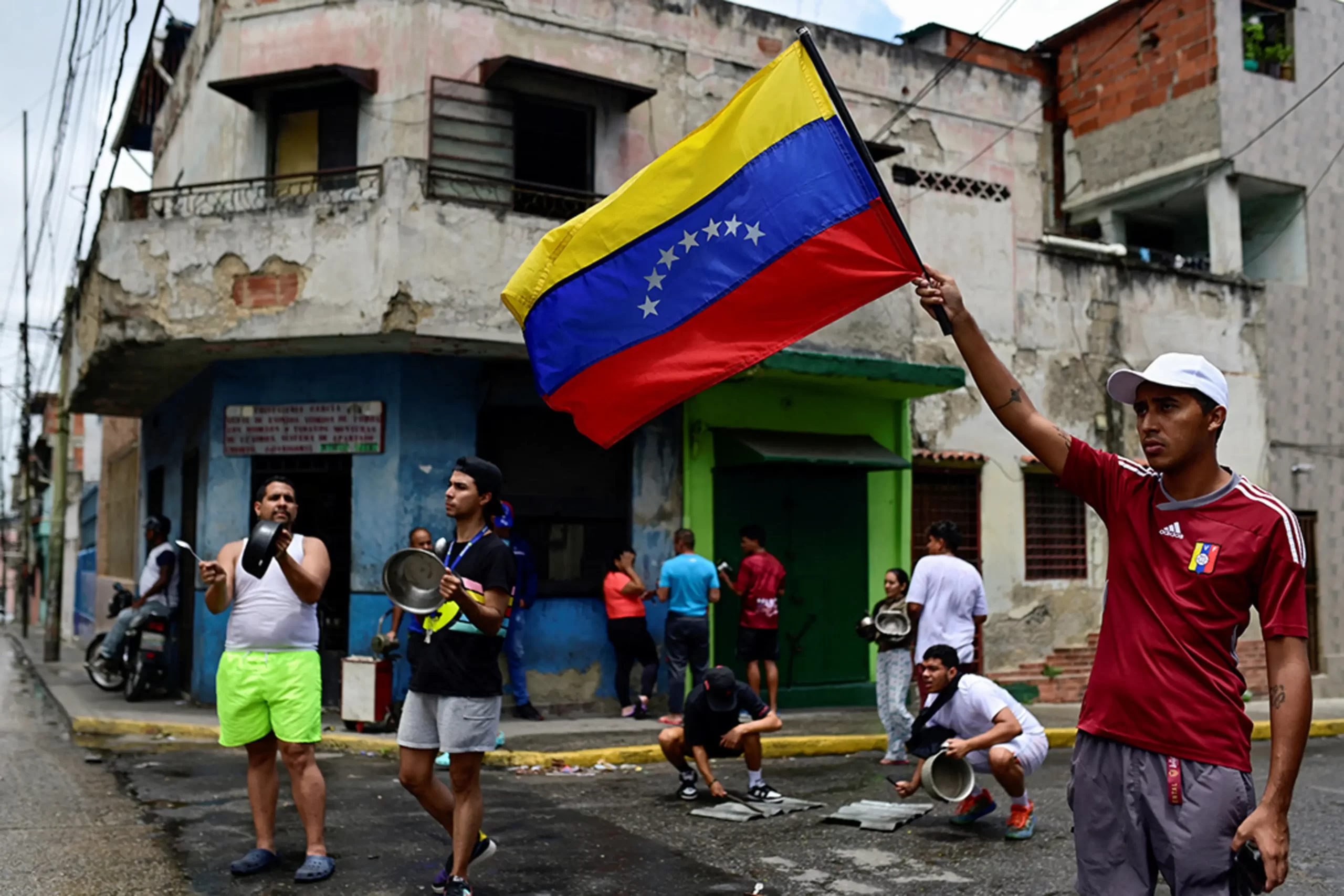
Venezuela, once a prosperous Country in Latin America is grappling with both Economic and Environmental disasters.
The country, a symbol of the “resource curse,” faces economic downfall largely due to its dependence on oil, while also becoming the first modern country to lose all its glaciers due to climate change.
Economic and Political Turmoil
Venezuela is a classic example of a petrostate, where the government’s power and income are mostly derived from oil exports. The “Dutch disease,” a condition where a nation’s emphasis on the export of natural resources threatens other economic sectors, has been caused by this overdependence. Venezuela has suffered throughout time as a result of this, especially under Nicolás Maduro’s administration, as the nation’s economy has been severely damaged by rampant corruption, hyperinflation, and poor economic management. Venezuela’s GDP decreased by 75% between 2014 and 2021, pushing millions of people into poverty. The economic situation has been exacerbated by the oil industry, which formerly drove the country’s prosperity but has been deprived of investment and production.
Despite temporary relief through U.S. sanctions easing in 2023, which briefly revived oil exports, the reimposition of sanctions in 2024 following failed democratic reforms has cast a shadow on any hopes of recovery. With hyperinflation persisting, Venezuela’s political instability continues to worsen, driving a significant portion of the population into poverty and forcing millions to flee the country.
Impending Climate Catastrophe: the swift retreat of Glaciers
Venezuela’s environment is doomed to a similar fate as the country’s economy plummets. The first nation to lose all of its glaciers in the modern History is Venezuela. The International Cryosphere Climate Initiative (ICCI) reports that the Humboldt glacier, the last of six glaciers in the Sierra Nevada de Mérida range, has melted to a size, that makes it impossible to classify as a glacier. This is a major loss for the ecology and an indication of what other countries may experience as global temperatures rise.
The country had been home to 6 glaciers spanning a total area of about 1000 sq.km in the Sierra Nevada de Mèrida mountain range.
5 of the glaciers had disappeared by 2011, leaving just the Humboldt. The Humboldt glacier was projected to last atleast for another decade. But latest assessments found the glacier melted much faster than expected.
The Humboldt glacier has receded to a surface area of fewer than two hectares, according to recent studies. Because of this, the US Geological Survey lowered its categorisation from glacier to ice field, citing a generally accepted threshold of around 10 hectares for a glacier.
How did the South American country lose all its glaciers too soon?
According Climate scientists, Venezuela has seen abnormally high temperatures in recent years. The country also sits closer to the equator and has relatively low- lined mountains, which make the ice caps more susceptible to warming.
Still experts believe that the rising climate change and the recent El Niño climate phenomenon which leads to hotter temparatures may accelerate the demise of tropical glaciers.
Although the Venezuelan government has installed a thermal blanket to prevent further melting but experts say the attempt is futile.
It is also predicted that the world will lose upto 80% of glaciers by the year 2100.
A Dual Crisis
The simultaneous environmental and economic crises facing Venezuela highlight the broader consequences of an unsustainable reliance on fossil fuels and a disregard for environmental preservation. The nation is already dealing with an economic collapse-related humanitarian disaster, and now it is also dealing with an irreparable loss of natural resources. As global warming is speeding up like never before, scientists fear that other nations like Mexico, Indonesia, and Slovenia may soon follow Venezuela in losing all of their glaciers.
Venezuela’s situation should serve as a reminder to other resource-rich countries about the risks of relying too heavily on finite resources at the expense of broader societal and environmental health if strong action is not taken, both on the economic front and in terms of environmental protection.
